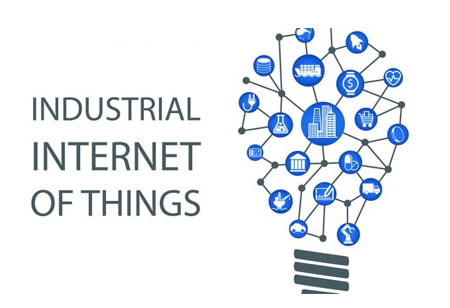THANK YOU FOR SUBSCRIBING
How Luxury Retail Benefits from China's Startup Ecosystem
As of 2016, China’s 7,500 plus incubators and maker spaces have helped cultivate more than 223,000 businesses, according to a recent study conducted by Torch High Technology Industry Development Center of the Ministry of Science and Technology

By
Apac CIOOutlook | Wednesday, March 11, 2020
Stay ahead of the industry with exclusive feature stories on the top companies, expert insights and the latest news delivered straight to your inbox. Subscribe today.
As of 2016, China’s 7,500 plus incubators and maker spaces have helped cultivate more than 223,000 businesses, according to a recent study conducted by Torch High Technology Industry Development Center of the Ministry of Science and Technology. A reason why many now look to the country for the world’s next big tech innovations
Fremont, CA: Luxury retail has had a reputation for being conservative and traditional, but as society is revolutionizing in a high-tech direction, luxury conglomerates have reconsidered their approach to technology and are now changing the market. This helps change an inactive industry by making it an accelerator for sustainability that supports not only business profitability but also critical social goals.
Sustainability has become part of the bottom-line in business practices over the past few years, and programs connecting fashion-tech startup and luxury retailers are now the new standards, such as the New York Fashion Tech Lab. This is a program that connects a handpicked group of women-led, b2b, fashion-focused tech businesses with leading fashion companies. L’Oréal partnered with the Founders Factory, a digital accelerator, and incubator; Kering works with tech investor Plug and Play, and Farfetch and LVMH have their own laboratories. While Alibaba teamed up with SenseTime, the Chinese AI company and Hong Kong Science and Technology Parks Corporation, to develop an accelerator program that supports young entrepreneurs and researchers in the field of AI in China. The company also partnered with InnoSpring, a tech investment firm, in a joint venture to begin an Innovation Center to support U.S. and international startups that want to expand to China.
Fashion and beauty retailers today are turning to startups for an injection of innovation as new technologies help retailers achieve more significant customer experience, sustainability, high-speed personalization, and rapid delivery. For example, Alibaba’s Tmail Innovation Center (TMIC) is used by Johnson & Johnson and Mars Inc. to create country-specific products. It utilizes consumer insights gathered from its vast e-commerce ecosystem and various media sites to help brands create fresh products aimed at different Chinese consumers.
Initially, Chinese startups and luxury retail infrastructures were built in tire-1 cities. As businesses increased, entrepreneurs expanded and broadened their objectives, bringing various divisions to lower-tier cities such as support services, distribution centers, marketing, product development, or communications services, helping create a new and more equitable economic geography.
The growth of innovation profited the retail industry the most by simplifying processes, solving critical problems, and overcoming key challenges. Chinese incubators and accelerators transformed operating systems into a complete package where AI technology predicts regional demand for certain goods, while VR helps create engaging consumer experiences.
Innovative retailers create services and products that buyers prefer, and instead of continually creating new products and increasing levels of overstock, brands can reduce carbon emissions and encourage sustainable production. This engagement in sustainability reduces damage to the environment and attracts younger consumers who are passionate about environmental safety.
See Also :- Top Retail Tech Companies





